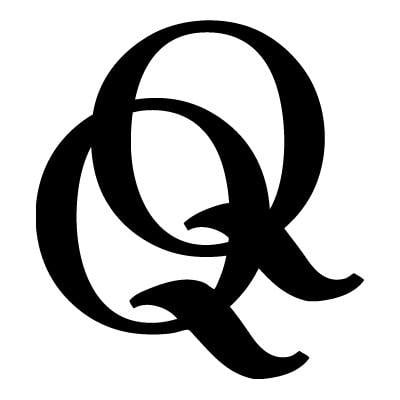When Nicole Winstanley, president and publisher of Penguin Canada, first approached David Cronenberg with the idea of writing a novel, she asked the filmmaker if he’d ever considered it. “Only for about 50 years,” he said, and he wasn’t kidding.
“I’ve admired his films for many years,” Winstanley has written, “and always felt his provocative ideas would thrive on the page.”
At 71, Cronenberg is just about to publish his first work of literary fiction, with Penguin imprint Hamish Hamilton Canada. Consumed is a novel about death, philosophy, sex, cannibalism, and technology. It’s also a love story of sorts. The only surprise in any of this is that it’s taken so long.
Although known the world over as one of the most original, uncompromising, and enduringly independent movie makers – Scanners, Videodrome, The Fly, Dead Ringers, Naked Lunch, A History of Violence, Cosmopolis, etc. – David Cronenberg wanted to be a novelist long before he found himself behind a camera. The son of a writer father and pianist mother, Cronenberg grew up in a Toronto household lined with shelves of books. As a teenager, he once sent a story to Fantasy and Science Fiction magazine, one of the many genre monthlies he devoured. He remembers the day the magazine’s response arrived in the mail. “I actually got a note from the editor saying, ‘This came quite close. We would love to see more,’” he says. “Which was of course very encouraging. And then I never wrote more. I never sent in more. And I don’t know why. But I certainly did get derailed by film.”
Cronenberg chooses his words every bit as carefully as he selects shots, angles, stars, and stories, so it’s worthwhile to pause for a moment on the word “derailed.” A different half-century veteran of strenuously idiosyncratic motion pictures might suggest he found his true calling making movies, or that his early interest in being a novelist was merely a sideroad leading to the main artistic highway. But “derailed” suggests a novelist who got sidetracked into one of the most remarkable filmmaking careers this or any country has produced, and who has only just found his way back 50 years on.
Make no mistake: the younger Cronenberg, the one who wanted more than anything to write, was serious. So serious that, at one point in the early 1970s, he moved to the south of France to pursue his dream, and spent several months at work on a story about motorcycles and motorcyclists, obsessions that at the time were almost as keen as being a novelist.
“I wrote a lot of pages of it,” he recalls. “Which I don’t have now. And that was probably the furthest that I got in terms of writing a novel. I was still in my thirties. Not that young, really.”
Movies came calling, as much a reasonable professional alternative as an artistic one, at least at the time. And, as he does with everything he approaches, Cronenberg gave the medium his all. “Once I started writing screenplays and trying to get them made, I never thought about writing a novel again for a long time,” he explains. “But I really was very serious in my ambition. I really wanted to become an obscure novelist. And I say obscure because I love finding [writers] like Djuna Barnes – novelists who are not well known, or at least to me. And then you read them and it’s fantastic and you feel like you’ve discovered some underground society.”


 Contact us via email
Contact us via email

